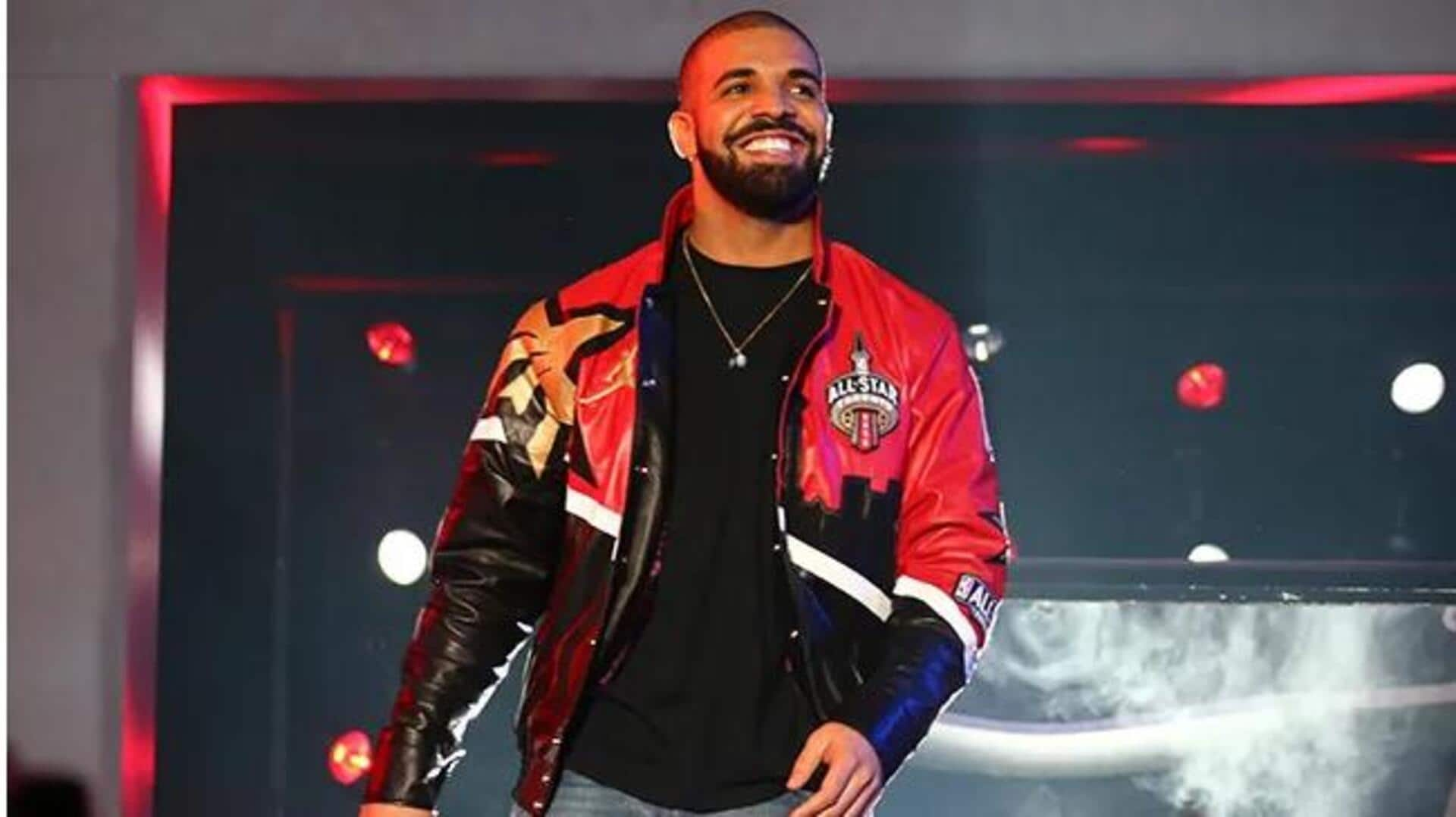
After Drake's fake viral song, labels are tracking AI-generated music
What's the story
The music industry is racing against time to develop tools that can help identify and label AI-generated songs. This comes in the wake of a viral fake Drake song, Heart on My Sleeve, which was created using artificial intelligence (AI) and misled millions. The incident highlighted how easily AI can create content that resembles real music, prompting a shift from stopping such creations to tracking and tagging them.
Detection efforts
Labels are now tracking AI-generated music
According to The Verge, the music industry is now focusing on developing tools that can detect AI-generated songs before they are uploaded or streamed. Platforms like SoundCloud, YouTube, and Deezer have already started using tools that scan tracks during the upload process. These tools flag fully or partially AI-generated songs and influence their visibility in search results or recommendations.
Advanced tracking
Companies developing tech to trace AI's involvement in a song
Some companies are taking it a step further by developing technology that can trace AI's involvement in a soundtrack from the training data stage to its final release. Vermillio, for instance, has created a system called TraceID which breaks down a song into different parts like lyrics, melody, or vocal style and then identifies which sections were created by AI. This is to help labels and platforms decide if a song needs licensing before it goes public.
Industry response
Predictions for the future of AI-created music
Deezer, a music streaming service, claims to already be able to detect around 20% of the daily uploads as fully AI-generated. While these songs are not removed from the platform, they aren't promoted either. The company plans to introduce labeling for AI content in the near future. Vermillio predicts that the market for licensing AI-generated music could jump from $75 million in 2023 to $10 billion by 2025.